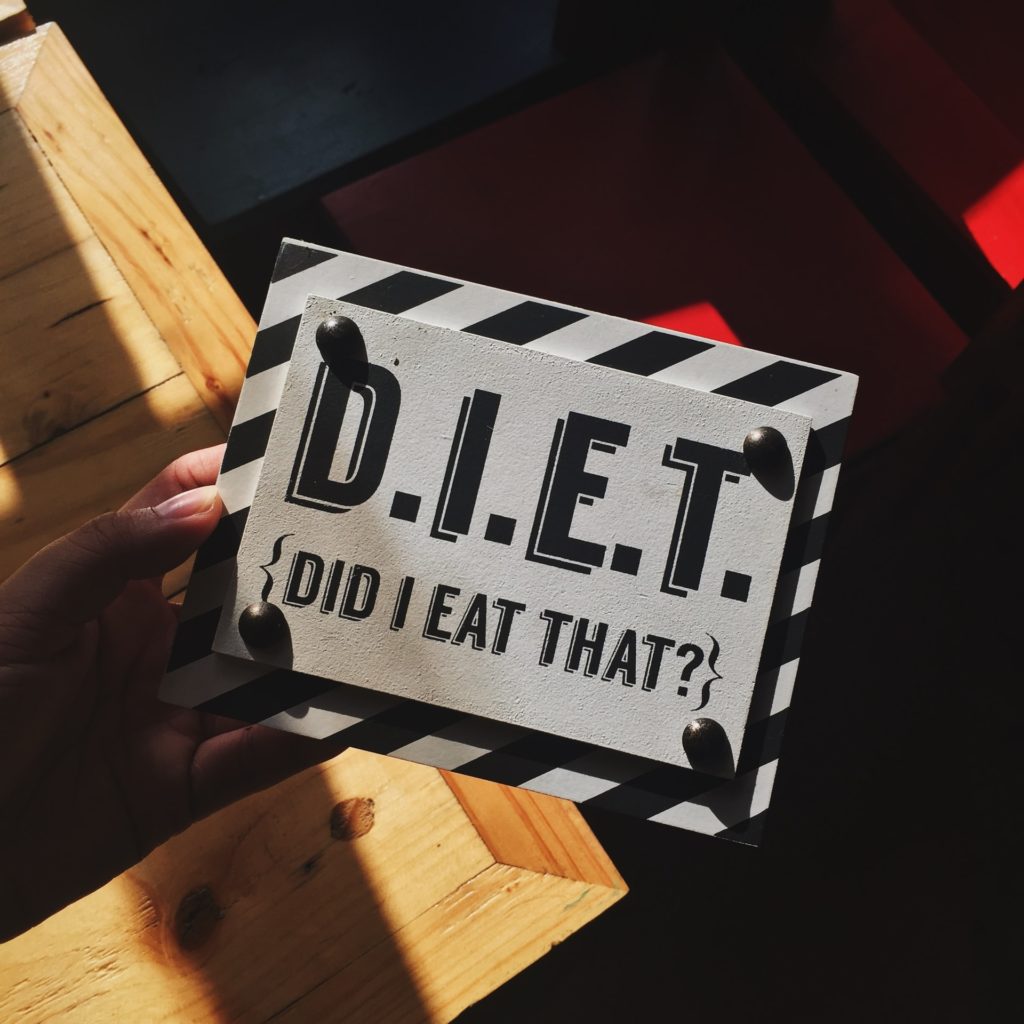When you get older, you are more and more likely to get sick. But there are more challenges when you have half a century. Even if you’ve lived a decent 50 years or more, nutritional needs change over time. Gradual diet changes need to be carefully planned so that your golden years are golden.
Table of Contents
Take Care of Your Bones
Bones are essential to your health, and taking care of your bones is often a challenge. Increasing or controlling your vitamin D and calcium intake to three times a day helps prevent osteoporosis or make the disease worse. Many diets, such as grains, bread, and juices, are fortified with these essential nutritional components for bone fitness. Improving the calcium content of recipes is vital and is also recommended by adding two to four tablespoons of skim milk powder. Each scoop holds 50 mg of calcium, which will help you meet your overall daily recommendation.
If your or a loved one isn’t always getting enough minerals and vitamins from the meals you consume, see a nutritionist, nurse, or doctor for a prescription for multivitamins – the proper quantity of vitamin D to get can use calcium. If you already have signs and symptoms of weak bones or osteoporosis, a multivitamin complement with nutrition D is the maximum suitable choice.

Increase The Energy Level
When we hit our 50s, daily energy levels often change. It is usually, to some extent, but a lack of vitamin B12 can also be to blame. If a being is lacking in vitamin B12, daily supplementation is vital. Feeling sluggish is not ideal, but accepting a decrease in energy can lead to decreased mobility and activity and contribute to osteoporosis, a weakened heart, and impaired stools. Overall health is a large, interconnected circle that requires you to do whatever you can to stay in shape. Food sources for vitamin B12 include beef liver, mackerel, sardines, red meat, yoghurt, and fortified cereals.
Fibre Control
Type 2 diabetes is the usual condition in humans aged 50 and over. Fibre is useful for slowing the discharge of sugar in the blood, lowering and stabilizing blood sugar. Fibre is likewise crucial for the absorption, reducing ldl cholesterol, and keeping a healthful weight. It may even help sell regular bowel movements.
Less Salt
High blood pressure can become a problem from the age of 50. So eliminating table salt is a step towards a healthy diet for the heart. Try spices like garlic powder, onion powder, dill, paprika, pepper, citrus fruits, and fresh herbs. There are many low and sodium-free alternatives that you can cook that add great flavour to foods and little or no salt. The sodium content in your diet is essential and should be controlled.
Take Care of your Weight
Almost all seniors ask me how much to eat to maintain a healthy weight. Most are scared of gaining a few pounds while recovering from surgery or a health problem. The general recommended food intake for older men and women depends on their level of activity. Even calorie intake need modifies for some people based on their needs.
Also Read: Maintaining Good Practices: GxP, Explained

